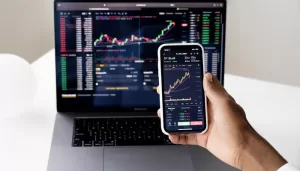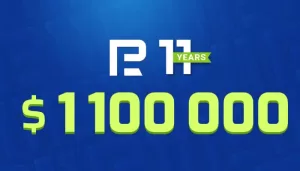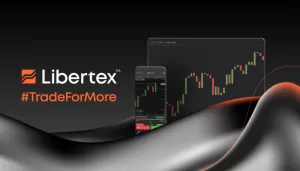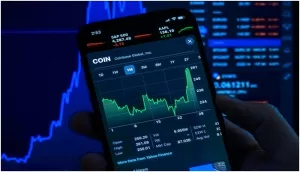What is the Best Way to Trade Nowadays?
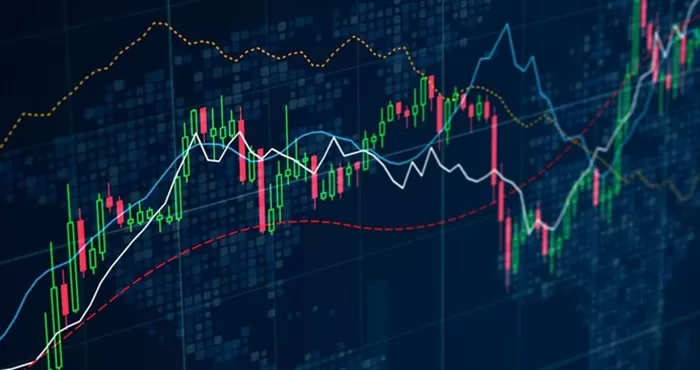
Trading refers to the purchasing and selling of various types of financial products for the purpose of generating profit. You can trade on the assumption that the value of these instruments will move in a predetermined way. The instruments used themselves are derived from a wide array of assets that are each given a fluctuating monetary value.
You might be familiar with such terms as shares, stocks and funds. However, there are thousands of other financial marketplaces that you can trade on, and you can use a wide variety of items to trade on those markets. You can gain exposure on markets as varied as the FTSE 100 and the S&P 500, as well as foreign currencies such as the US dollar or the Japanese yen, and even commodities such as lean hog or cattle.
You will need to register for an account on a good platform that provides access to these marketplaces before you can get started. You are able to speculate on if the price of a certain asset will go up or down using the many financial markets offered by our online trading platform, which includes a wide range of these markets. In addition, to help you become familiar with the various markets, we have put together a trading handbook specifically geared toward beginners.
The Difference Between Investing Vs Trading
The means by which one can make a profit and whether or not one takes ownership of the item are two key distinctions that differentiate trading from investing. Traders might generate a profit by “going long,” which involves purchasing for low and selling for high, or “going short,” which involves selling high and buying cheap, typically over the short or medium term.
The goal of investors is to acquire full control of a company’s stock by purchasing its shares at a price that is favourable to them. They generate a profit by maintaining ownership of the stock and subsequently selling at its premium. They are gambling on the possibility that the share price would fluctuate over the long term and that they will be able to profit from the fluctuation. If the corporation decides to distribute them, dividends are another way for investors to generate money from their investments. In addition to this, they will have voting rights as a shareholder.
Day Trading: The Essentials
Day trading refers to the process of purchasing and selling financial instruments within the course of a single trading day. The most common areas to engage in this kind of trading are the foreign exchange (forex) markets and stock markets. Day traders are typically well educated and have ample financial resources at their disposal. They take advantage of slight price swings in highly liquid shares or currencies by using short-term trading strategies and heavy leverage.
Short-term market movements can be predicted by day traders. In the event of a pre-announced announcement, the market’s expectations and psychology are affected. There are times when market expectations are either not met or surpassed, which can benefit day traders tremendously.
Paper Trade Applications
Paper trading apps give you the opportunity to buy and sell assets in a setting where there is no risk involved at all. This is due to the fact that you will be trading using the demo account feature that is provided by the broker that you select. Trading on the basis of current events is a common strategy that can be used on a paper trade app. Considering that the vast majority of online brokerage firms today not only provide mobile applications, but also sample accounts, it might be time-consuming to determine which provider to join up with.
For instance, if you are interested in utilising a paper trading facility, it is most probable that you are doing so with the intention of gaining a better understanding of how things function – or because you are curious about putting a new technique to the test. You might make the decision to switch to a real money account at some point in the future. Keeping this in mind, you need to consider it all from fees and spreads to the payment methods that are supported as well as any applicable regulations.
Ways to trade in the UK
Spread betting and trading in contracts for difference (CFDs) are two forms of derivative trading that are extremely popular in the UK. Share dealing is the preferred technique of trading among investors. When you deal in derivatives, you do not actually own the underlying asset, however when you deal in shares, you do own the shares themselves.
To begin trading on our platform, you will first need to complete the following steps:
1. The Trading account
You have the option of opening a spread betting account. Spread betting allows you to wager a certain amount of money based on your prediction of whether or not the price will go up or down. When trading CFDs, you will also give thought on the direction that the price of the underlying asset will go in; however, the difference between the initial price and the closing price will determine whether you make a profit or a loss.
By signing up for a demo account with us, you’ll have the opportunity to gain an understanding of how spread betting and CFD trading function. The account will be provided with £10,000 worth of virtual funds that you may use to hone your skills and boost your self-assurance in a setting that does not involve any financial risk.
2. The Asset and market you choose
One should choose a market that is experienced in or an asset that you are comfortable trading based on your previous success and your level of tolerance for risk.
3. Make a choice between trading the spot price, futures, or options on the price
Every one of our markets provides access to the spot price so that it can be traded. Spot trading is defined as the act of buying and selling assets at the actual market price, which is sometimes referred to as the spot price or the cash price. Because there is no predetermined time on which your positions will expire and the spread is often relatively modest, short-term traders favour it. This is due to the fact that there is no predetermined deadline. You need to keep in mind that spending the night somewhere comes with a fee linked with it, so plan accordingly.
You have the ability to sell or buy the underlying asset at a fixed price by a particular date if you are trading futures. This must be done before the contract expires. The spreads on futures are wider, but there are no overnight fees, so traders who hold positions for the medium to long term like them.
Some traders choose trading options over futures due to the fact that the risk associated with purchasing options is very low, however the risk associated with selling options can be rather high.
Where to Trade Stocks
You need a broker in order to trade stocks, but you shouldn’t trust any broker out there. Choose the one that offers tools that are most compatible with the way you invest and the experience you have had and investing terms. When it comes to deals that are time-sensitive, active traders will place a larger importance on swift order execution and low commission rates. For additional information, please refer to our selections of the top apps for day trading.
You need a broker in order to trade stocks, but you shouldn’t just fall for any broker out there. Choose the one that offers investing terms and tools that are most compatible with the way you invest and the experience you have. When it comes to deals that are time-sensitive, active traders will place a larger importance on swift order execution and low commission rates. For additional information, please refer to our selections of the top apps for day trading.
When it comes to stock trading, even if you’re not making any money, you’re still getting value out of the time you spend learning the basics stock research has to offer and experiencing the advantages and disadvantages of stock trading.













